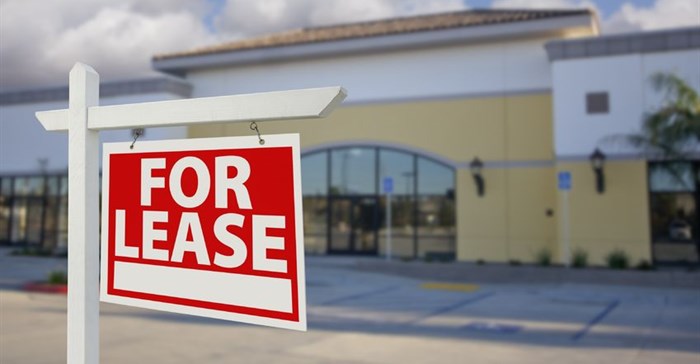In order to select the best tenant for a commercial property, there are several things a landlord should keep in mind before signing a lease.
“A happy tenant is usually a good tenant,” says Leon Breytenbach, national manager of the Rawson Property Group’s commercial division. Here are a few easy steps to make the process as successful as possible.
1. Get to know your tenant
“Although you may have a representative who will showcase the property on your behalf, it would still be helpful to meet the tenant in person and ask a few questions to provide some insight into the sort of tenant they will be,” advises Breytenbach. For instance, find out why they want to relocate or what caused them not to renew their current lease. Ask how long they occupied their previous premises, what their previous landlord was like and whether they experienced any problems which caused them dissatisfaction.
2. Plan long term
It is important to have clear, long-term plans for your commercial property. “If the landlord of a commercial property requires the tenant to leave at the end of the lease term, with no offer of renewal, then the lease agreement will need to specify this,” Breytenbach explains. A correctly structured lease agreement is crucial, seek legal advice if required and be sure that this aspect is correctly concluded. If not, it may happen that the tenant has the right to a new lease at the end of the term.
3. Get the property ready
The landlord will need to repair any existing damage to the property prior to the tenant taking occupation. Such damage could include a hole in the wall, broken window locks or a leaking tap. It is also advisable to ensure that no health or safety issues have been overlooked including, among others, making sure there are no signs of mould, making sure that the necessary fire equipment is in working order, verifying the correct forms of emergency exit points from the unit and that these exits are correctly signposted,” explains Breytenbach.
4. Clean up
It is wise to have the property thoroughly cleaned before the tenant moves in, no matter whether it was previously occupied or if it is brand new. “The tenant will appreciate moving into a sparkling clean premises and will begin the lease term in a good spirit,” states Breytenbach. Having the property treated by a pest exterminator prior to the tenant taking occupation would also be beneficial, thus circumventing possible pest infestations.
5. Confirm the business use of the property
It is necessary that the tenant’s proposed business use of the property is clearly stated in the lease agreement. “This must be as specific as possible,” advises Breytenbach, “thus preventing the tenant from later changing to a different business use which is either undesirable or does not suit the ethos of the building.” It is also crucial that the intended use complies with the different zoning parameters.
6. Check for suitability
Is your property a multi-use building with several tenants or is it a single-use commercial property? “If you are renting out premises in a multi-use property, it would be wise to review the nature of the businesses and decide which of your applicants will best fit in with the character of the property,” suggests Breytenbach. The tenant-mix is of great importance, especially in a retail situation where the various businesses should complement each other. In the case of an office block, careful selection is also recommended as the tenant-mix is also important. If you have a single-use property, it is necessary to consider whether the entity wishing to lease it will be suitable to both the surrounding area as well as to the building.
7. Ensure the tenant understands the lease
Be willing to answer any questions directed to you as the landlord. “It is important that the tenant has thoroughly perused the lease and fully understands to what he will be contracted,” says Breytenbach.
8. Communicate
It will be necessary to provide the tenants with your contact information as this is the manner in which they will approach you in the event of a complaint or query. “Whether you give them an email address or a telephone number, they should always be able to reach you during business hours. Advise the tenant what the expectations and protocal is, for after hour queries and emergencies," says Breytenbach.










































